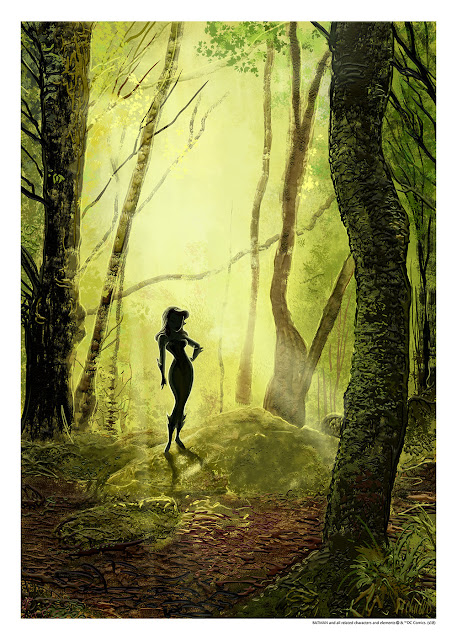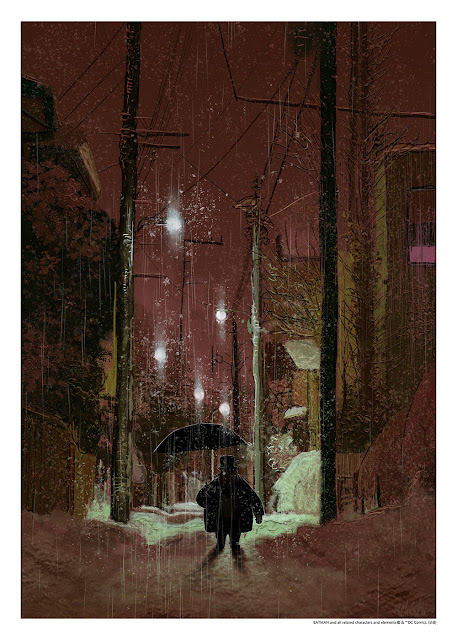Lately, I've acquired some new books for my fancy book shelves in my house. As a result, I've had to educate myself on some terms, and I thought I'd share them with you (because I buy used books). And yeah...I know authors don't get any money from the resale of used books, but people who take this stance can bite me. I see nothing wrong in recycling things that no one wants. :)
1) Omnibus: An omnibus is a collection of novels that previously were published as "stand alones" and were collected into one thing for one reason or another. Personally, I love omnibus editions of comic books. These are usually published to the highest standards, have great printing and color, and are very well-made. Novels in an omnibus? Not so much. For one, they are difficult to hold in your hand because each omnibus is going to be like one George R.R. Martin novel of about 2000 pages. Second, they usually have small print and are done on cheap paper because the whole purpose of shoving everything together was to make the publishing part cheaper so as to increase profit.
2) Remainders: A "remainder" is a mark that is placed on the top edge of a printed book that is no longer selling well and whose remaining unsold copies are liquidated by the publisher at greatly reduced prices. The mark is usually done with a stamp or a felt-tipped marker across the top or bottom of the books pages, near the spine. You can actually remove these fairly easy with an extremely fine sand paper, a clamp to hold the book tightly closed, and a little elbow grease.
3) Deckle Edge: A "deckle edge" is a design choice that a publisher makes when binding a book. If you've ever seen a book with uneven pages along the edge, then you've handled a book with a "deckle edge." A lot of people actually prefer a "deckle edge," and it's considered kind of high-end because it harkens back to the 19th century when all books had uneven edges. It's also supposed to be easier to turn the pages of a book with a "deckle edge."
4) Library Binding: A "library binding" is a stiffening process that is a low-cost, in-house way of converting what is essentially a mass-market paperback into one with a thick durable cover so that it can be heavily used and not fall apart.
Maybe these terms will prove useful to you in your future endeavors. If not...well, at least you're informed now :).
1) Omnibus: An omnibus is a collection of novels that previously were published as "stand alones" and were collected into one thing for one reason or another. Personally, I love omnibus editions of comic books. These are usually published to the highest standards, have great printing and color, and are very well-made. Novels in an omnibus? Not so much. For one, they are difficult to hold in your hand because each omnibus is going to be like one George R.R. Martin novel of about 2000 pages. Second, they usually have small print and are done on cheap paper because the whole purpose of shoving everything together was to make the publishing part cheaper so as to increase profit.
2) Remainders: A "remainder" is a mark that is placed on the top edge of a printed book that is no longer selling well and whose remaining unsold copies are liquidated by the publisher at greatly reduced prices. The mark is usually done with a stamp or a felt-tipped marker across the top or bottom of the books pages, near the spine. You can actually remove these fairly easy with an extremely fine sand paper, a clamp to hold the book tightly closed, and a little elbow grease.
3) Deckle Edge: A "deckle edge" is a design choice that a publisher makes when binding a book. If you've ever seen a book with uneven pages along the edge, then you've handled a book with a "deckle edge." A lot of people actually prefer a "deckle edge," and it's considered kind of high-end because it harkens back to the 19th century when all books had uneven edges. It's also supposed to be easier to turn the pages of a book with a "deckle edge."
4) Library Binding: A "library binding" is a stiffening process that is a low-cost, in-house way of converting what is essentially a mass-market paperback into one with a thick durable cover so that it can be heavily used and not fall apart.
Maybe these terms will prove useful to you in your future endeavors. If not...well, at least you're informed now :).













